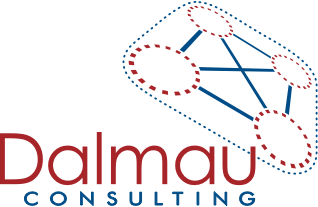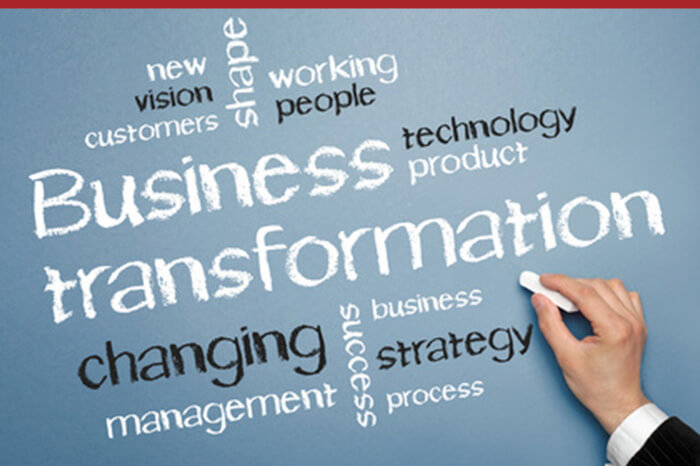“What you leave behind is not what is engraved in stone monuments, but what is woven into the lives of others”
Pericles
In the space of the last few months, two people who I call friends, but not close friends and certainly not people I see or engage with very often – both coincidentally and separately raised with me the same dilemma they are facing.
As I reflect on these separate encounters the coincidences are even more striking. They are both from the same profession – (architecture), of similar age (mid 60’s), both have worked very hard and creatively established very successful businesses which they both lead (or share leadership of). They both continue to be passionate about their work.
They are not rushing into anything but exploring how their own transition to reducing their working hours, making more time for other things in their lives can be. They are wanting their businesses to transition to leadership by the next generation but are challenged as to how to ensure that the business of the future will preserve the values that have so clearly and intentionally shaped the way they work and their success.
Each are driven by wanting to encourage the next generation to step up and continue to grow and develop what are both thriving businesses. At the same time however, there are some precious principles, approaches and values that underpin their work that they want to see endure and continue to shape the business of the future.
This dilemma is not confined to just these two professionals – but many I imagine who are reading this have, or will at some time be facing the issues around the questions,
What do I want my legacy to be,
and how to approach the leaving of a legacy?
These thoughts may or may not apply if you are in a large organization with tens of thousands of employees. But they would certainly apply to any team you are part of.
Let it be said, firstly, that leaving a legacy is not something that you consciously decide to do, as you head towards the latter years of your working life. It is mostly the result of how you have lived, worked and shared your values, know-how and experiences with the world throughout your career. It is something unique and meaningful to you. Already by the time you even start to think of issues such as ‘what is it that will you leave behind in your business that is important to you’ it is a bit late to think of “creating a legacy”. Because as Pericles noted, your legacy is generally what has made a difference in the lives of others as you have progressed through life. It is through those that come behind you and how they tackle life and work that your values, principles and approaches will be perpetuated.
One suggested approach.
In the context of a business or organization that you have created or in which you have been an influential leader, where you are considering the handing-on or handing-over the reins to the next generation, what is it that you might do?
Steps to handing-on or handing-over may look something like this,
1. Reflection and clarification of your core values
Put aside significant time over a reasonable length of time for critical self-reflection and identification of the core values that have driven you. This should not be an entirely solo exercise. The Johari Window model (see paper by Bob Dick and Tim Dalmau “Values in Action” ) explains that some of our behaviors, which are just reflection of our values, are in-part outside our conscious awareness. So, it may be useful to have conversations with trusted friends and colleagues who have known and observed you over many years, in addition to periods of self-reflection such as moments in the shower, whilst out walking the dog or whilst on longer holidays or weekends away.
2. Conversations with the upcoming leaders that allow for the emergence of understanding and meaning of what is important to you.
Creating opportunities to meet on several occasions (at least) with the next generation or emerging leaders of your organization and have meaningful dialogue and tell stories about important events, learnings and achievements that embody or reflect your core values, which you would like to see shaping the future. These should not be rushed, but divergent and exploratory in nature (ie not ‘a tell’). You will need to consider the environment in which these conversations occur and also the value in having a skilled facilitator for some of these types of conversations. The idea is that you create the conditions for the emergence of ideas and meaning amongst the group or groups of people with whom you meet.
3. Have some of these emerging leaders work closely with you, and you with them, on current projects or tasks.
This is especially important if they have not had the opportunity in the past. In effect this provides an opportunity for strengthening understanding and greater exposure to what is important to you. It also provides an “on the job” opportunity for sharing your knowledge amassed over the years.
As you can see, what is being suggested is not a structured or formal process. It builds on how you have been as a person and a leader over many years in many different situations with all types of people. It is also built intentional reflection and a wide range of authentic conversations, all of which may be done over a year or so.
A note of caution – try not to over-engineer, coerce or lock-in the approach and future direction, but through your meaningful relationships and conversations, identify the core principles and values. As you transition it should be recognizing that undoubtedly the future leaders will live by these values differently to you. The context will continue to change, requiring adaptation and innovation if the business is to survive and thrive.







